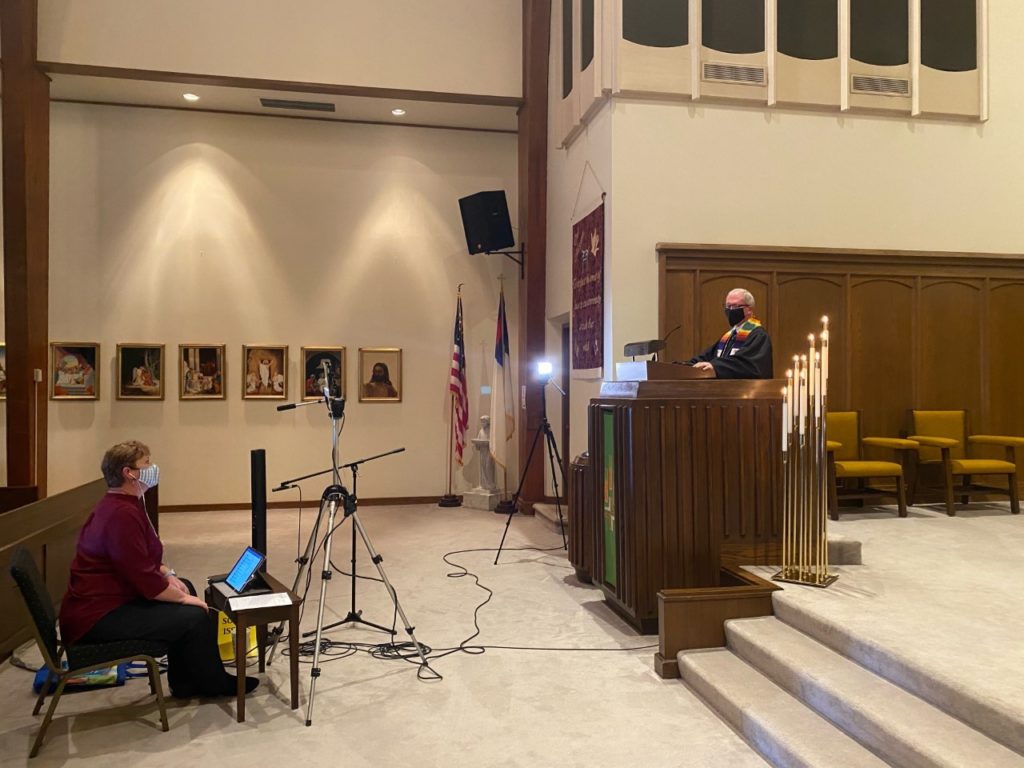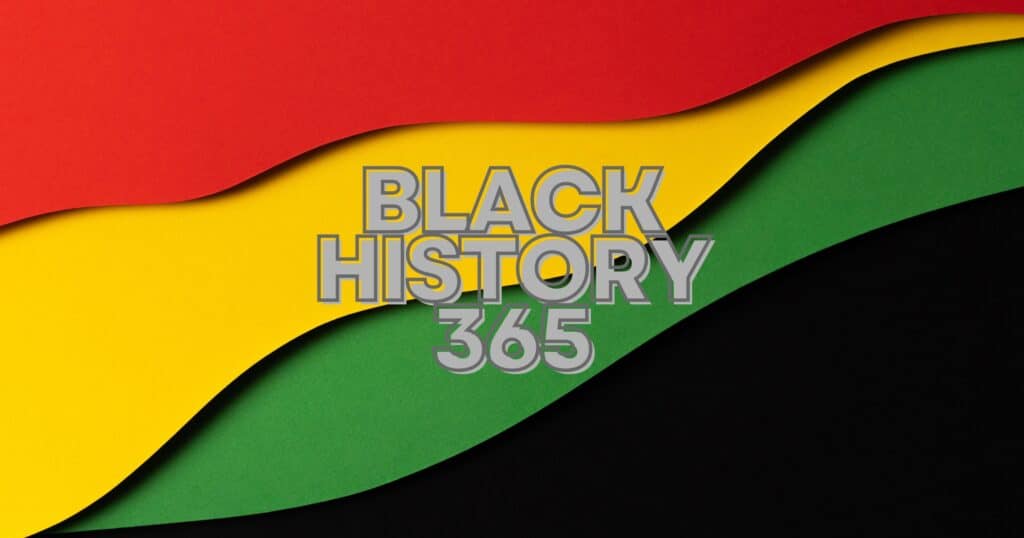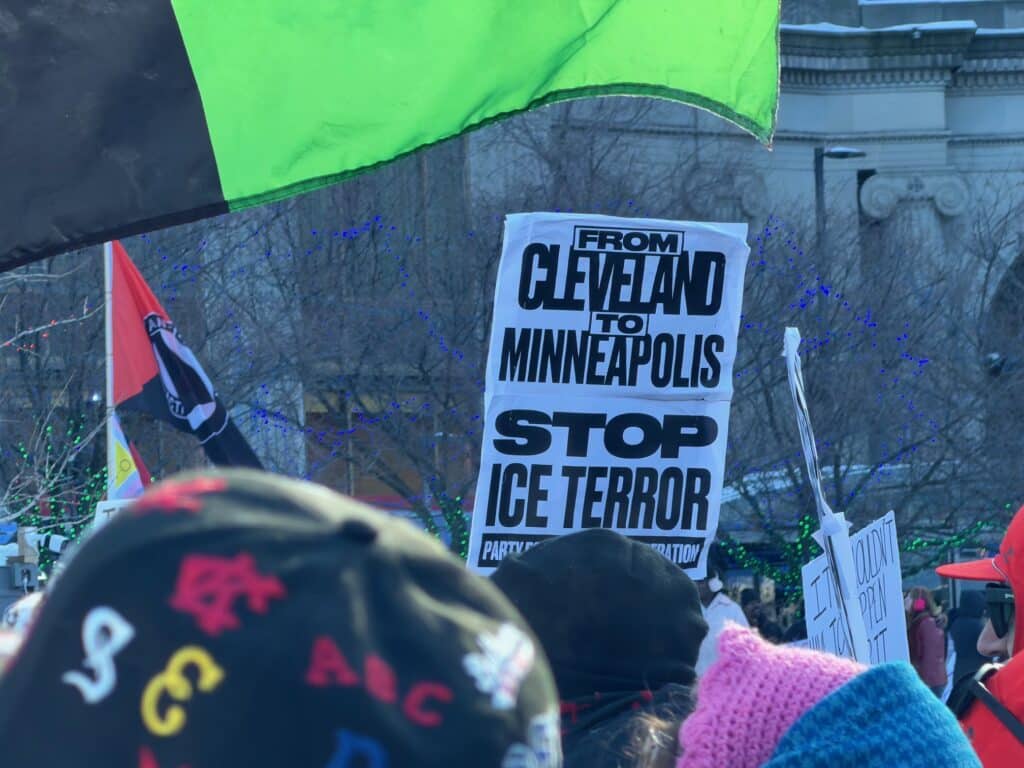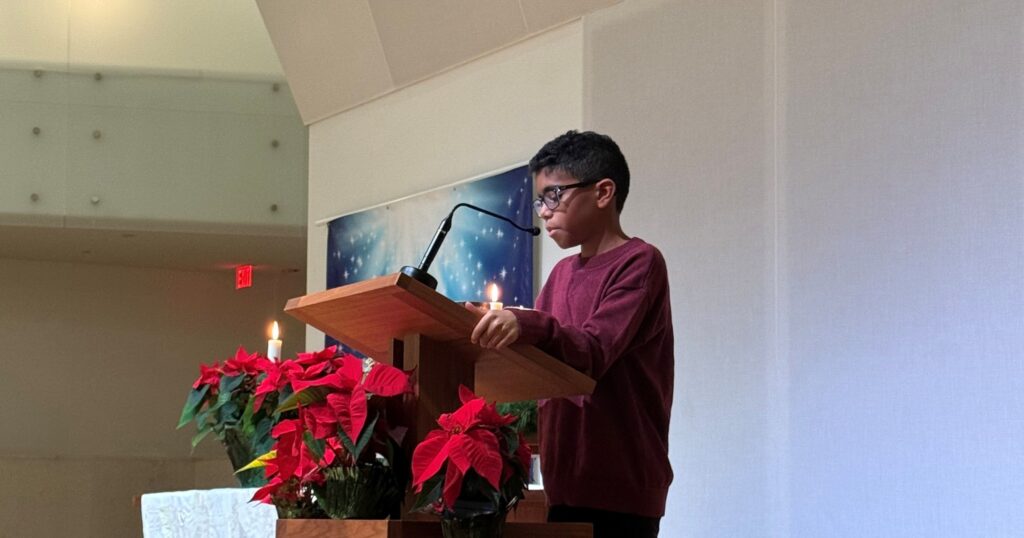UCC Conference Recovery Grant helps support clergy mental health during pandemic
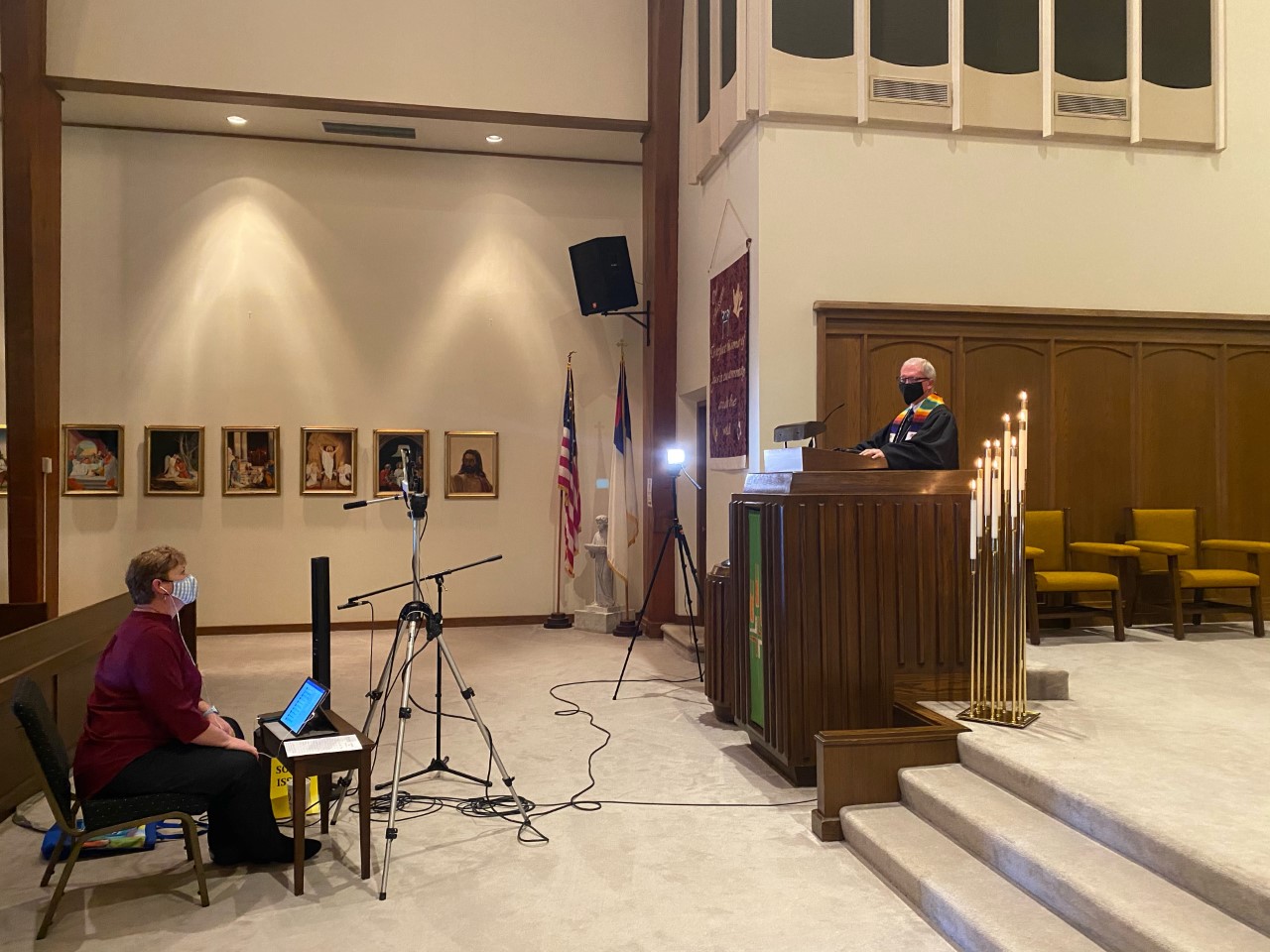 Six funerals in one week, with five of the deaths related to COVID-19. Pressure to reopen the sanctuary for in-person worship from church members or as an ultimatum from the church board. Ministering “virtually” in a profession that’s built around presence.
Six funerals in one week, with five of the deaths related to COVID-19. Pressure to reopen the sanctuary for in-person worship from church members or as an ultimatum from the church board. Ministering “virtually” in a profession that’s built around presence.
Both ordinary and extraordinary, the stresses on pastors and hospital, university and military chaplains during the COVID-19 pandemic are enormous. So the Indiana-Kentucky Conference United Church of Christ is pioneering ways to help clergy cope, using support that includes a UCC COVID-19 Conference Recovery Grant.
“A few weeks into the pandemic, we did a survey of what was impacting our clergy the most,” said the Rev. Chad Abbott, IKC Conference Minister. “We expected them to cite finances and the technical challenges of online worship. Instead, their greatest struggle was anxiety, depression and other mental health issues.”
Why? “They had to pivot quickly and make hard decisions on everything from stopping in-person worship and meetings to how to conduct funerals, provide pastoral care and do communion,” he said.
The Rev. Jeffrey McCarn, pastor of Evangelical UCC in Tell City, Ind., described some of the pressures he faced.
“We were the last church in our association to reopen,” he said. “Now the positivity rate in our county is spiking back up, recently reaching 37 percent. In 10 days, 150 new cases were diagnosed.
“The church council president and I think we need to shut the church down again. Some members disagree, saying people should be allowed to choose whether to come or not. But as pastor, I can’t choose,” McCarn said. “Members come in the door on Sunday and I don’t know where they’ve been all week. That’s stressful. I used to wave goodbye to worshippers from 12 feet away, but now I’m going to just leave and go out the back door.”
Abbott said caring for clergy mental health has been a priority since he became Indiana-Kentucky Conference Minister three years ago. “Pastoring is hard enough without the challenges of a pandemic,” he said.
But the demands of the pandemic clearly required a stepped-up response, which has included regular calls to all clergy and breakout discussion groups at the 2020 Annual Conference.
The Rev. Joan Dell, lead chaplain at Rehabilitation Hospital of Indiana (RHI), located in Indianapolis, is among clergy expressing appreciation for the extra support. The facility she serves has a COVID-19 recovery ward. She’s also served as a church pastor, most recently at Prince of Peace UCC in Bargersville, Ind., where she’s wrapping up after seven years.
“The Conference hit the ground running, paying for a dinner out for chaplains and their families,” Dell said. “Then they assigned each chaplain and pastor a volunteer who keeps in touch. I have someone specifically assigned to me. As a hospital chaplain I must be present to staff, patients and their families in their great distress. It’s nice that someone is calling to keep track of me.”
The Conference’s mental and emotional support for its clergy does not stop there.
It will use the UCC COVID-19 Conference Grant of $9,600 to organize intentional gatherings:
-
A virtual Clergy Convocation in early 2021, to focus on anxiety and depression in clergy that will include plenaries and small-group discussions – safe spaces where clergy can discuss their challenges with colleagues. “This first-time event could possibly be expanded for future gatherings,” Abbott said.
- Ongoing Clergy Communities of Practice. “Initially, we want to pilot five small groups, organized either geographically or by affinity, such as African American and LGBTQI, and focused on sustainable long-term mental health support of clergy,” Abbott said. “The work of ministry is never done in isolation. If clergy have support, they are more likely to stay in their current position, have less burnout and be less likely to be called for fitness reviews.”
“The Indiana-Kentucky Conference has provided a program that is deeply beneficial to the life of the church,” said the Rev. Karen Georgia Thompson, UCC associate general minister for Wider Church Ministries and Operations and Co-Executive of Global Ministries. “Mental health care is important especially during these stressful days related to response to COVID-19. We have been aware of the challenges facing clergy and knew that the proposal submitted by IKC was a prophetic response.
“Our pastors are being responsive to pastoral care needs, worship, the Church in these changing times, the challenges of community and the needs of their families and themselves,” Thompson said. “Providing these services will support the pastors and the church in the long term.”
Alongside its COVID-19 related support for clergy, the IKC is supporting mental health for all as a participant in the UCC’s WISE network. It will be hosting the online national “WISE Congregations for Mental Health Fall 2020 Webinar” Nov. 13-14, 2020. “WISE” stands for Welcoming, Inclusive, Supportive and Engaged for Mental Health.
Open to church members, lay leaders, clergy, seminary students, mental health professionals and visitors, the webinar will address both COVID and non-COVID related mental health issues including depression, anxiety, grief, trauma, addiction and suicide. There will be guidance for “Becoming a WISE Congregation for Mental Health.”
Before the COVID-19 pandemic hit, “We’d already been preparing to declare ourselves a WISE Conference,” Abbott said. “When our pastors’ and chaplains’ need for mental health support in the pandemic became clear, we said, ‘We have to put our WISE team into action now.”
McCarn, another WISE team member, said, “My mental health now is pretty good. I know most people in my church see what’s happening and I have a good support system in my family. To de-stress, I put on some classic rock and roll, read or watch an old Andy Griffith episode.”
Dell, also a member of the WISE team, reflected, “When you’re a pastor, you do what you are supposed to do. Won’t care for the pastor help us do our ministry much better? I think so.”
McCarn agreed. “Our WISE team wants to help pastors because in the end it will mean healthy churches,” he said. “A mentally stable pastor means a mentally stable church.”
Conference Minister Abbott added that “there’s an intersectionality between mental health work in a global health pandemic and the work needed in anti-racism. As a conference whose geography inhabits one of the brutal realities of racism – Breonna Taylor was shot dead by police in Louisville – it is incumbent on us to act and live within that intersectionality.”
UCC Wider Church Ministries’ Global H.O.P.E. team is indexing “Recovering Hope” resources for ministry in the COVID-19 pandemic. The resources are from a variety of sources, including several UCC conferences – the Indiana-Kentucky Conference among them.
Related News
Racial Justice Ministries offer Black History resources for the month and year-round
This February, United Church of Christ Racial Justice Ministries are offering the invitation...
Read MoreStanding with Minneapolis: Hundreds, including local clergy, rally against ICE in Cleveland’s Public Square
A national day of economic protest and blackout made its way to Cleveland and Northeast Ohio....
Read MoreA fourth-grader shares what helped his fear when ICE visited his school
Widespread images of Liam Ramos with ICE agents in his blue bunny hat have recently brought...
Read More